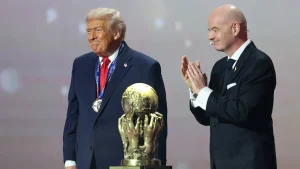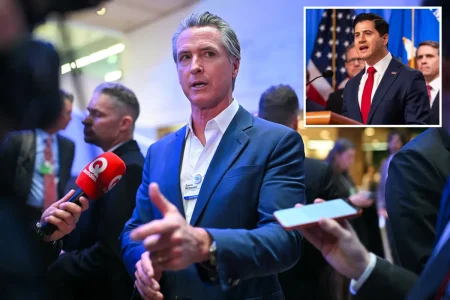Walter Mondale: A Legacy of American Diplomacy and International Engagement
Walter “Fritz” Mondale, who served as Vice President under Jimmy Carter from 1977 to 1981, fundamentally transformed the role of the United States in global affairs during a pivotal period in American history. Before Mondale’s tenure, the vice presidency was often considered a largely ceremonial position with minimal influence on policy. However, Mondale reshaped the office into one with substantial diplomatic responsibility and international impact. Working closely with President Carter, he helped navigate America through the complex geopolitical landscape of the late 1970s, a time marked by Cold War tensions, energy crises, and evolving relationships with both allies and adversaries around the world.
Mondale’s approach to international diplomacy reflected his Midwestern roots and progressive values. Growing up in Minnesota during the Great Depression, he developed a deep commitment to human rights, democratic principles, and economic justice that later defined his global outlook. As Vice President, he became a trusted emissary for the Carter administration, undertaking significant diplomatic missions to China, South Africa, and throughout Europe. His straightforward communication style and genuine respect for other cultures made him particularly effective in building relationships with foreign leaders. In China, he helped solidify the diplomatic breakthrough initiated by President Nixon, while in South Africa, he boldly criticized apartheid policies at a time when such criticism from American officials was still relatively uncommon. These diplomatic efforts exemplified Mondale’s belief that American power should be used to promote human dignity and democratic values worldwide.
The Carter-Mondale administration faced numerous international challenges, including the Iranian hostage crisis, the Soviet invasion of Afghanistan, and ongoing tensions in the Middle East. Throughout these crises, Mondale advocated for balanced approaches that combined strength with diplomacy. He was instrumental in crafting the Camp David Accords between Israel and Egypt, which remains one of the most significant diplomatic achievements of the era. When the Soviet Union invaded Afghanistan in 1979, Mondale supported a multifaceted response that included both military deterrence and diplomatic pressure. His perspective on these issues reflected his understanding that American leadership required both principled stands and practical engagement with the realities of a complex world. Even during the Iranian hostage crisis, which ultimately contributed to the administration’s electoral defeat in 1980, Mondale remained committed to finding diplomatic solutions while protecting American interests.
Beyond specific crises, Mondale helped establish enduring frameworks for America’s global engagement. He was a key advocate for strengthening NATO and other international alliances, believing that collective security arrangements served both American and global interests. Domestically, he worked to build bipartisan support for international agreements, recognizing that sustainable foreign policy required consensus across party lines. Mondale also championed international economic policies that sought to balance American prosperity with global development, supporting initiatives to address poverty in developing nations while protecting American workers. His vision of America’s role in the world acknowledged both the nation’s exceptional power and its responsibility to use that power in service of broadly shared values and interests. This approach established principles that would influence American foreign policy long after his time in office.
After leaving the vice presidency, Mondale continued to shape America’s international presence, particularly during his tenure as U.S. Ambassador to Japan from 1993 to 1996 under President Clinton. In this role, he helped manage a crucial bilateral relationship during a period of significant economic and security challenges. His diplomatic skills were essential in navigating trade disputes, security concerns regarding North Korea, and the continued presence of American military bases in Japan. Throughout his time in Tokyo, Mondale demonstrated the same commitment to mutual respect and honest dialogue that had characterized his earlier diplomatic work. His effectiveness in this position underscored how his approach to international relations—combining clear American interests with genuine respect for partners—remained valuable in the post-Cold War world. Even after his formal diplomatic career ended, Mondale continued to advocate for thoughtful American engagement with global challenges.
Walter Mondale’s legacy in shaping America’s global role exemplifies how individual leadership can influence national direction and international relations. His expansion of the vice presidency to include significant diplomatic responsibilities created a template that subsequent vice presidents have followed. More fundamentally, his approach to international engagement—balancing idealism about human rights and democracy with pragmatic recognition of power realities—offered a middle path between isolationism and interventionism that continues to inform American foreign policy debates. While the world has changed dramatically since Mondale’s time in office, his core insight remains relevant: that American interests are best served when the United States leads with both strength and wisdom, using its exceptional power to build partnerships rather than simply impose its will. In our current era of renewed great power competition and global challenges like climate change, Mondale’s legacy offers valuable lessons about how America can engage effectively with a complex and changing world.










